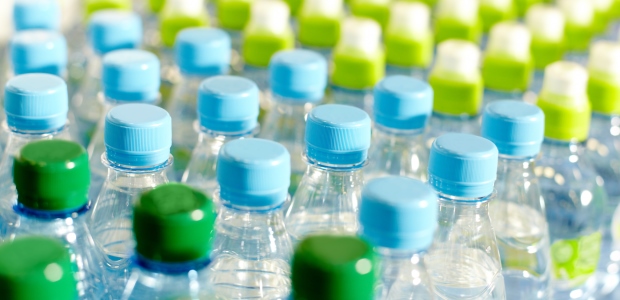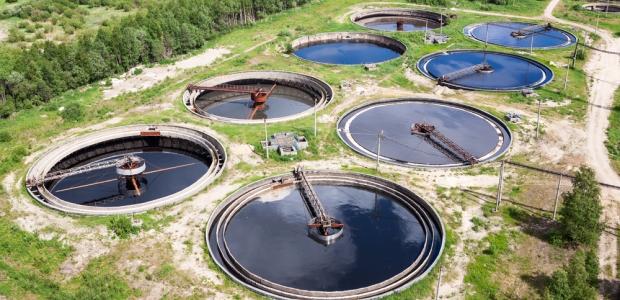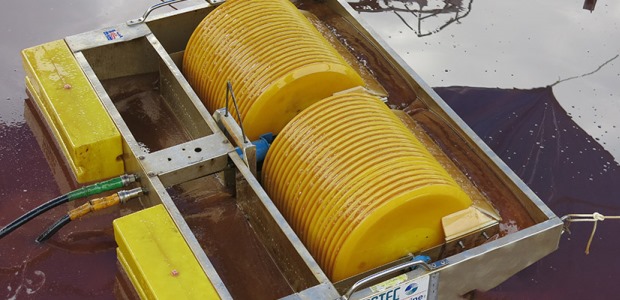Kristi McKinney, a research specialist in the federal agency's Oil Spill Response Division, spoke last month at the Norwegian Oil Spill Control Association’s annual seminar.
More than 4,000 acres of land, including 2,000 acres of wetlands, will be preserved in South Carolina thanks to a wetland mitigation approved by the U.S. Army Corps of Engineers.
A federal appeals court has sided with the EPA to uphold a policy to scrutinize pollution from severe mountaintop removal mining in Appalachia, helping protect the waters and surrounding communities.
West Virginians are proud of their state and its beauty and understand the importance of keeping it clean," said Danny Haught, chief of the Department of Environmental Protection's Rehabilitation Environmental Action Plan, which oversees the programs.
Among those listed as high priority for the years 2015-2019 are multi-walled carbon nanotubes, welding and welding fumes, and occupational exposure to pesticides.
The Federal Aviation Administration hopes to work with industry to produce a new unleaded fuel by 2018.

EU countries would ban burying recyclable waste in landfills after 2025 and recycle 70 percent of municipal waste and 80 percent of packaging by 2030.
A USGS study shows that rivers across the United States are less acidic due to a decrease in atmospheric deposition, industrial waste, and mine drainage.
The settlement will resolve violations of the Clean Water Act, the Clean Air Act, and the Resource Conservation and Recovery Act.
The agency has released a tool to help communities better prepare for, deal with and recover from floods.
New York Mayor Bill de Blasio and Design Commission President Signe Nielsen honored 10 public works projects in the city's five boroughs July 7 with the 32nd Annual Awards for Excellence in Design.

A team of researchers has developed a new lithium ion battery from sand, resulting in a battery three times more powerful than the standard.
The agency's staff will develop an updated strategic assessment of the Low Level Radioactive Waste Regulatory Program, revising the alternative future disposal scenarios specified in the prior, 2007 strategic assessment.
The Department of Environmental Protection in Pennsylvania has completed a $5.6 million mine reclamation project which will help protect more than 100 homes near the mine.

A new study shows that nearly half of earthquakes in central and eastern United States have occurred in areas of high-rate water disposal.

The skimmers will be tested using various oil types in order to determine their oil recovery rate and recovery efficiency.

The EPA is proposing updates be made to air standards for new municipal solid waste (MSW) landfills, which would reduce methane emissions and overall pollution.
The Ohio EPA has given more than $36,000 for an environmental education grant that will allow students in Cincinnati to learn environmental science while also restoring Salway Park as part of a community service project.

A new report from the Natural Resources Defense Council (NRDC) reveals that 10 percent of all beaches in the U.S. do not meet the EPA’s water quality requirements. The report also recognized 35 clean or “superstar” beaches and 17 “repeat offenders” that desperately need clean water protection.
A new international project studied biodiversity in agriculture, and the research team discovered that farming practices and the number of habitats play a large role in obtaining that biodiversity.